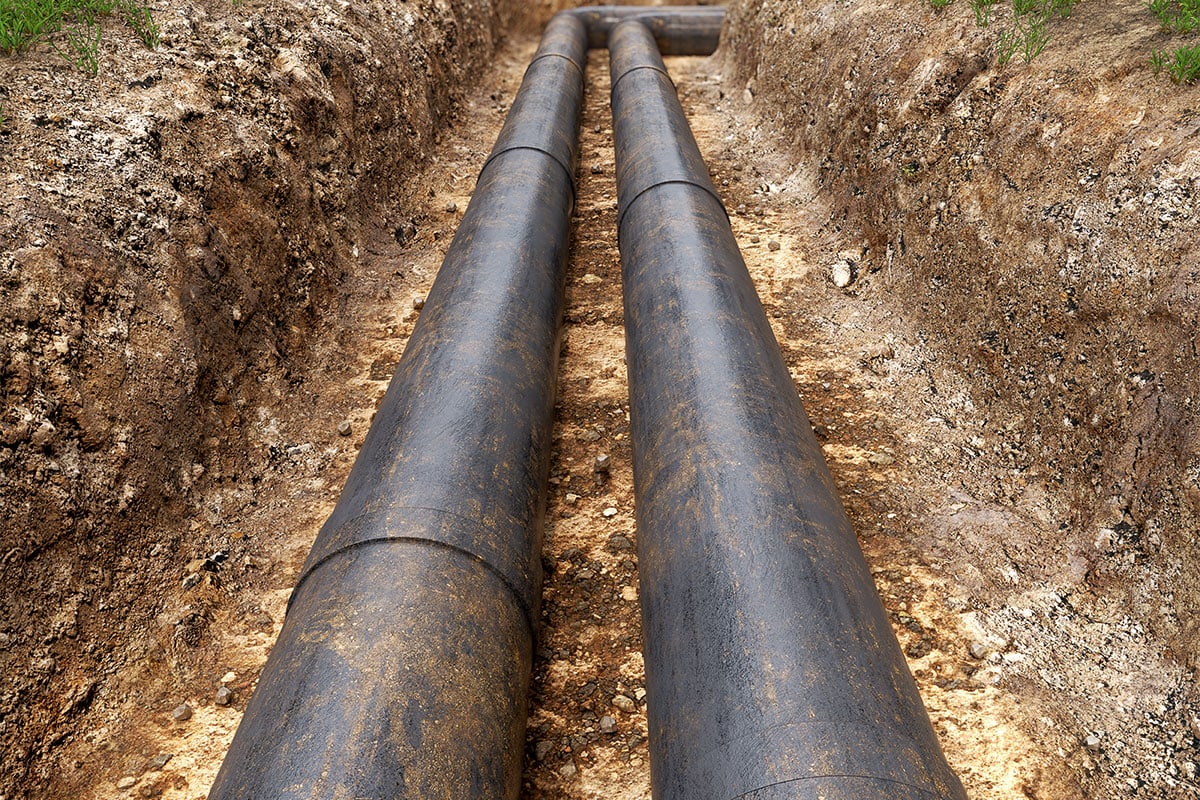To correctly answer the title question, we first need to understand what water softening is. Water softening is a specific process that aims to eliminate calcium and magnesium ions from water, which are the main causes of water hardness. This is very important, because hard water can cause all sorts of problems, such as scale build-up on appliances or difficult cleaning. Water softeners are special devices that are used for this process. After passing the water through the softener, we get water with a significantly reduced hardness, which can be safely used at home. But this brings us to another question - what happens to the residue that is created during the water softening process, called backwash? Can they be safely drained?
Water softener washes
The water softening process involves passing water through an alkaline medium, called a softening bed (usually an ion-exchange resin), which attracts and holds magnesium and calcium ions, thereby changing the hardness of the water. After some time, the softening bed accumulates a significant amount of these ions, which reduces its effectiveness. In order for the bed to continue to function properly, it must be flushed to remove accumulated ions. The water that is used to flush the softener is called rinse water.
Disposal of washings to the drainage
In general, the washings that result from the water softening process are considered safe to be discharged into the drainage system. This water, although it is rich in magnesium and calcium ions, generally does not pose a threat to the environment, because these minerals are natural components of the soil. In practice, many households and businesses discharge the washings into the drainage system without any problems, without observing any negative effects on the drainage system or the environment.
Potential problems and solutions
However, in some circumstances, especially with large scale production of washings or with high concentrations of calcium and magnesium ions, some problems may arise. Too much of these ions can affect the pH of the water, which can accelerate the deposition of minerals in drainage systems. In turn, this can lead to blocked pipes, which is problematic and can require costly repairs. Therefore, it is important to regularly monitor the quality of the water discharged into the drainage. In some cases, especially when the concentration of ions is very high, it may be necessary to introduce additional washings treatment steps, such as pH neutralization or filtration, before they are discharged into the drainage system.
Discharging water softener washes into the drainage system is common practice and is generally safe for the environment and drainage systems. Nevertheless, we should always monitor water quality and be aware of potential problems that may arise as a result of large scale softeners or high ion concentrations. If necessary, appropriate steps should be taken to further treat the washings before they are discharged into the drainage system. This proactive attitude ensures sustainable and responsible management of water resources.



